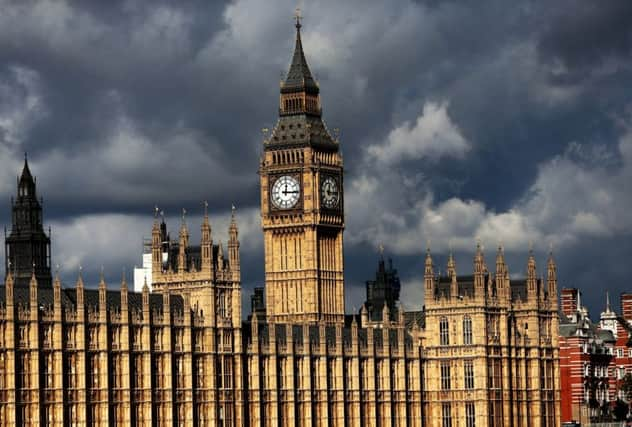Loan charge could affect health and wellbeing of thousands of people, MPs claim


The All-Party Parliamentary Loan Charge Group has accused the Treasury of producing a report that is not a “genuine review” of the controversial loan charge policy.
The loan charge is a charge on all payroll remuneration through loans made since 1999, in the form of a 45 per cent charge on all loan payments in that time.
Advertisement
Hide AdAdvertisement
Hide AdThe charge is levied as a back tax and will be demanded by HMRC in the 2019 to 2020 tax year. According to the APPG, this will mean that everyone who has been employed through such a structure will be hit with a retrospective charge in the 2018-19 tax year in one go, meaning “huge and wholly unaffordable bills”.
The loan charge poses a risk to the wellbeing of thousands of people, the APPG said.
In a statement the APPG added: “The loan charge is a retrospective charge that comes into effect in April this year and overrides existing statutory protections, allowing HMRC to go back and demand tax for arrangements that were legal.”
Liberal Democrat Sir Ed Davey MP, chairman of the Loan Charge APPG said: “The Treasury report fails to deal adequately with the widely held view that the loan charge represents a change in the tax law for past years – and offends against the rule of law.
Advertisement
Hide AdAdvertisement
Hide Ad“The loan charge is retrospective in many aspects and sets a dangerous precedent as an attack on long-standing taxpayer protections.
“This is not the review that MPs were expecting, or the Prime Minister promised, and MPs on all sides will want to come back to this issue on behalf of their constituents who are being so badly treated.”
A Treasury spokesman said: “These schemes were designed to allow individuals to avoid paying income tax and National Insurance. The loan charge means people paying themselves through loans, often from offshore trusts, will now have to contribute their fair share to pay for our public services.
“HMRC has never approved these schemes and they have never worked. The report goes further than agreed, detailing the impact of the policy on individuals and measures to support vulnerable taxpayers with large bills to pay.
Advertisement
Hide AdAdvertisement
Hide AdThe spokesman added: “We have listened to the concerns of MPs, and have outlined settlement terms that give those earning less than £30,000 a minimum of seven years to repay.”
Where individuals are affected by the loan charge, HMRC will take full account of individuals’ ability to pay, a spokesman said.
People with an income of less than £30,000, who come forward to settle by April 5, and are no longer engaged in avoidance, can have a minimum of seven years to pay what they owe without the need to provide detailed supporting information. Those earning under £50,000 can have at least five years to pay. Those who earn more than £50,000 or need longer than five or seven years to pay should speak to HMRC, the spokesman said.